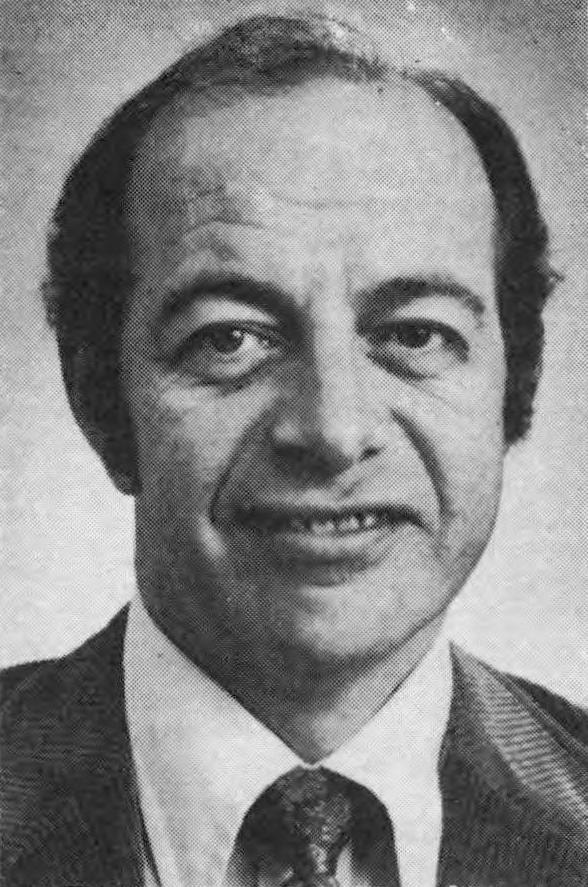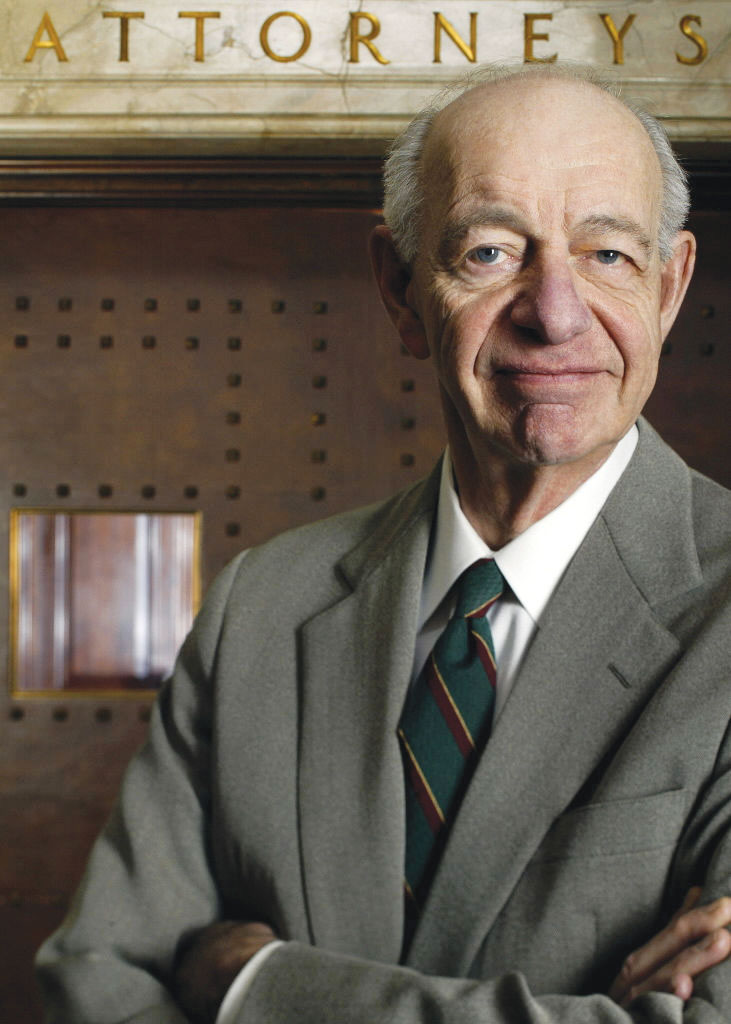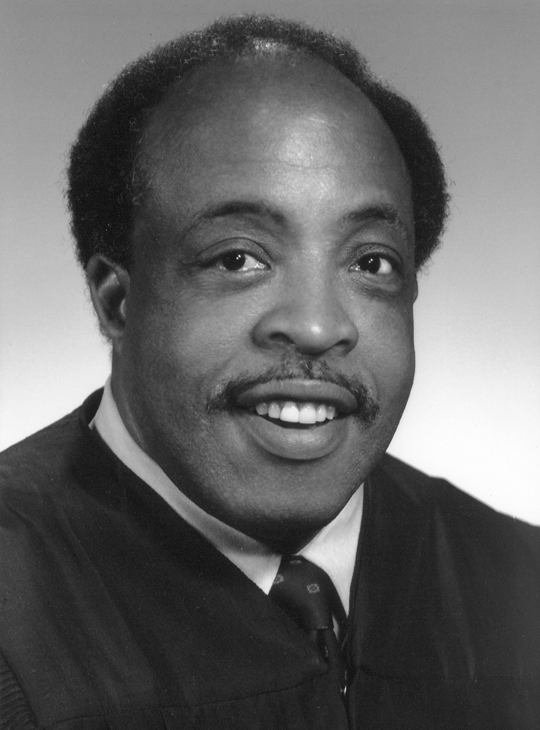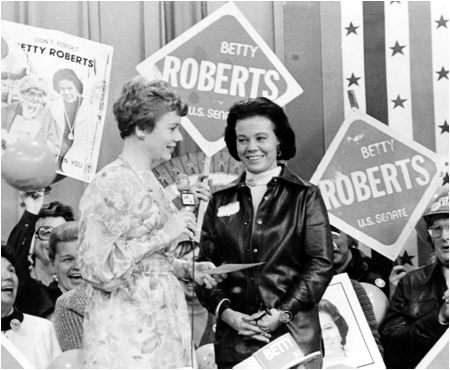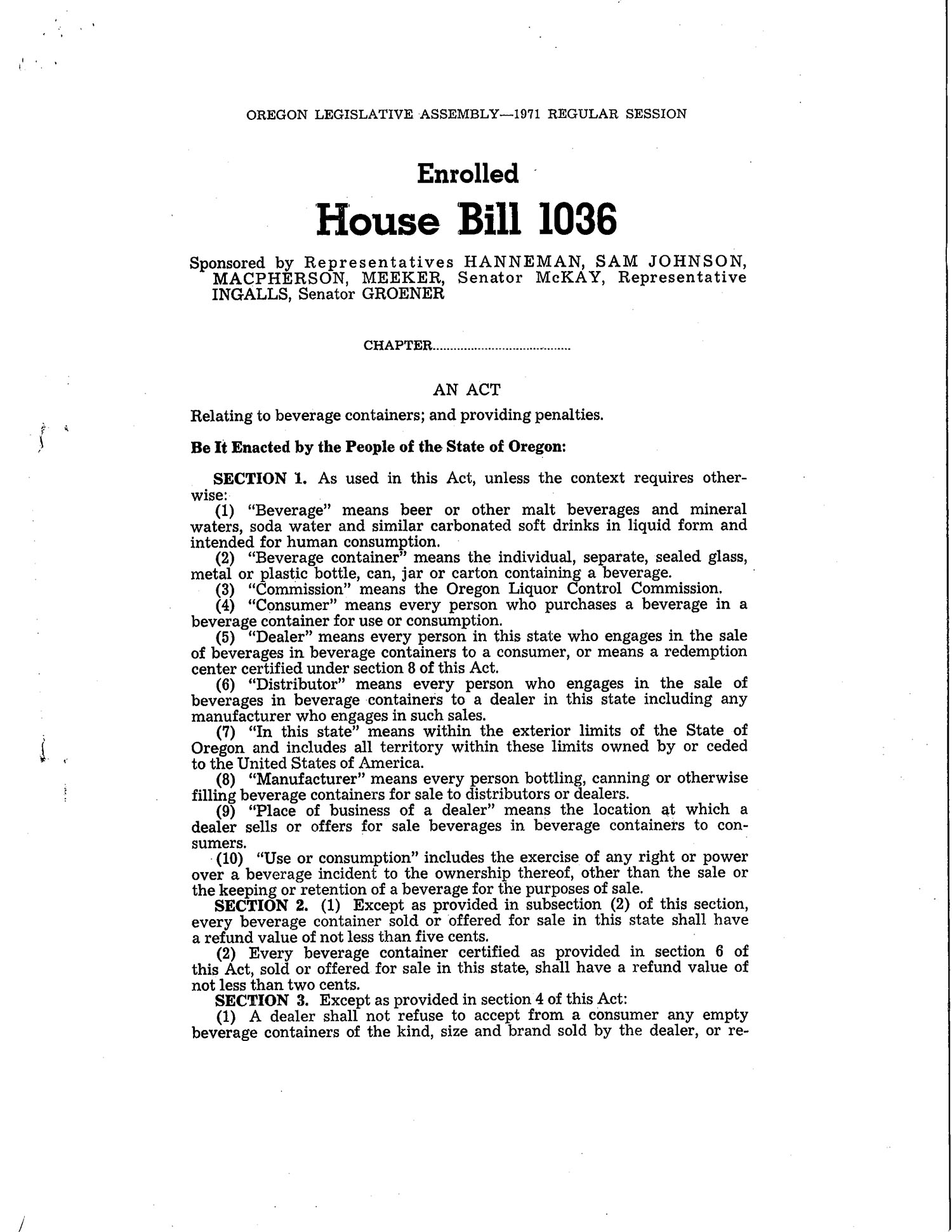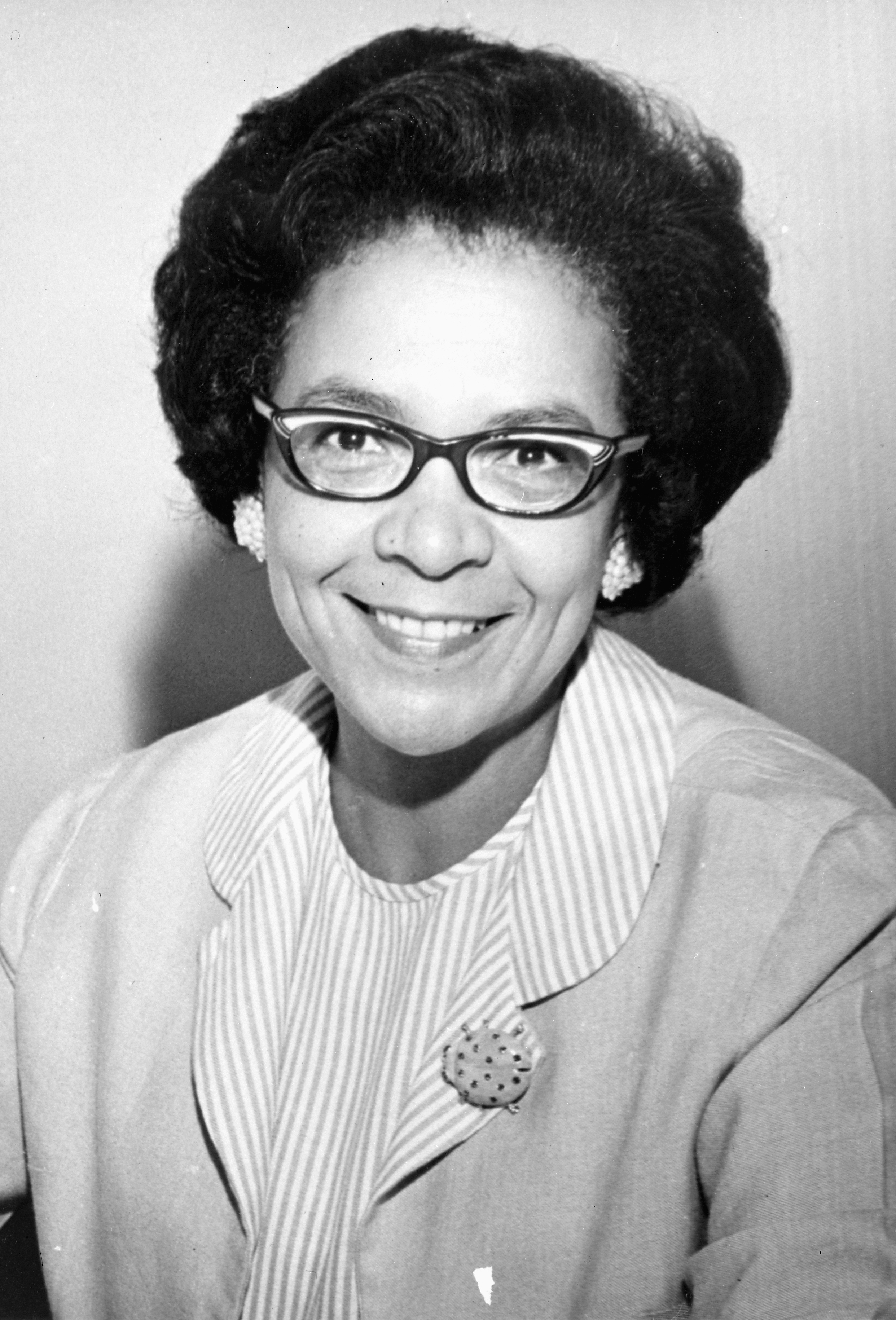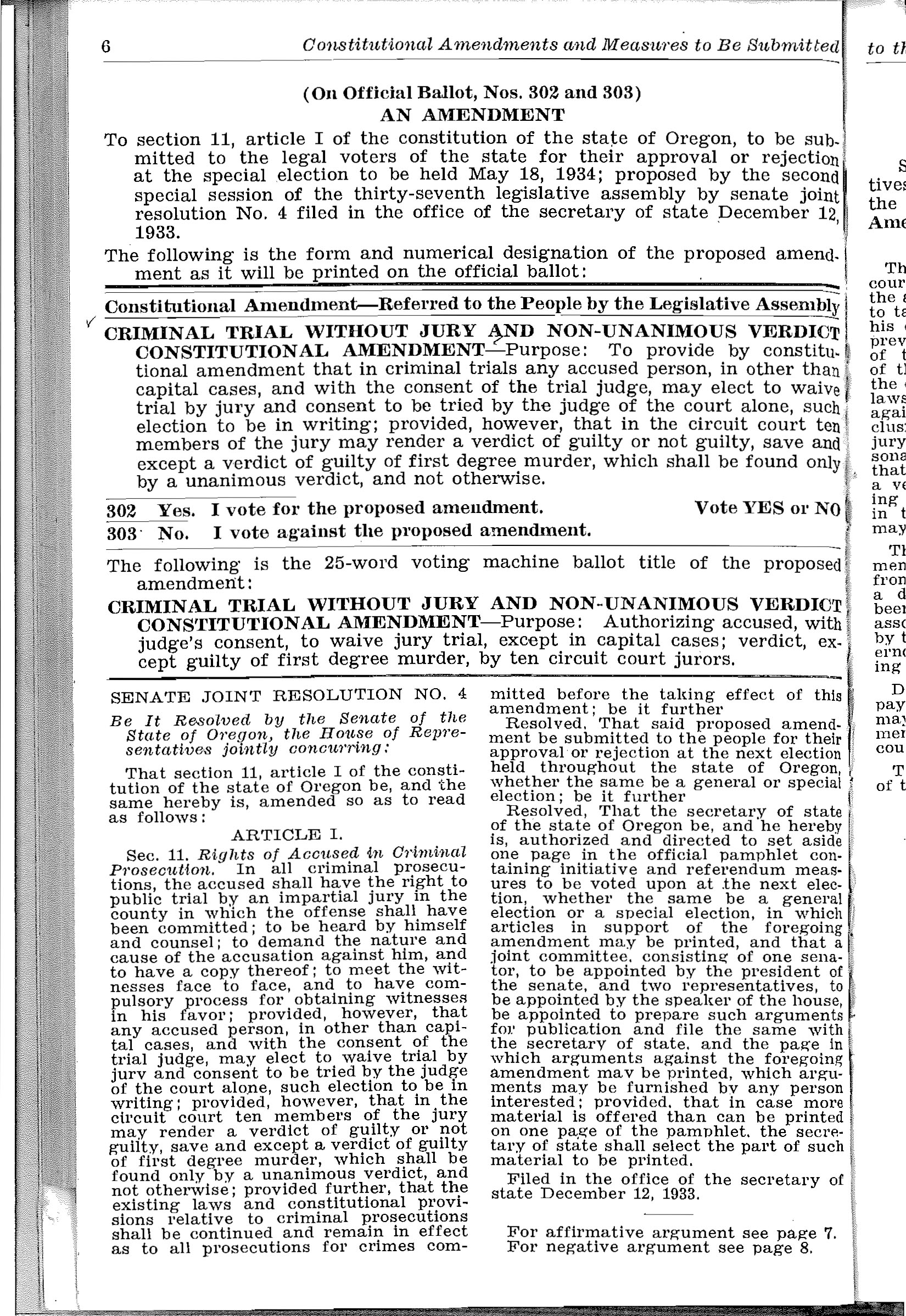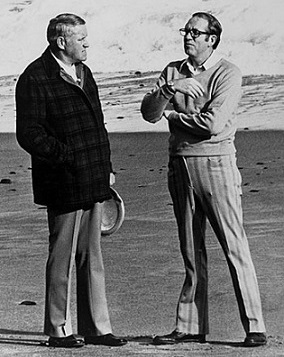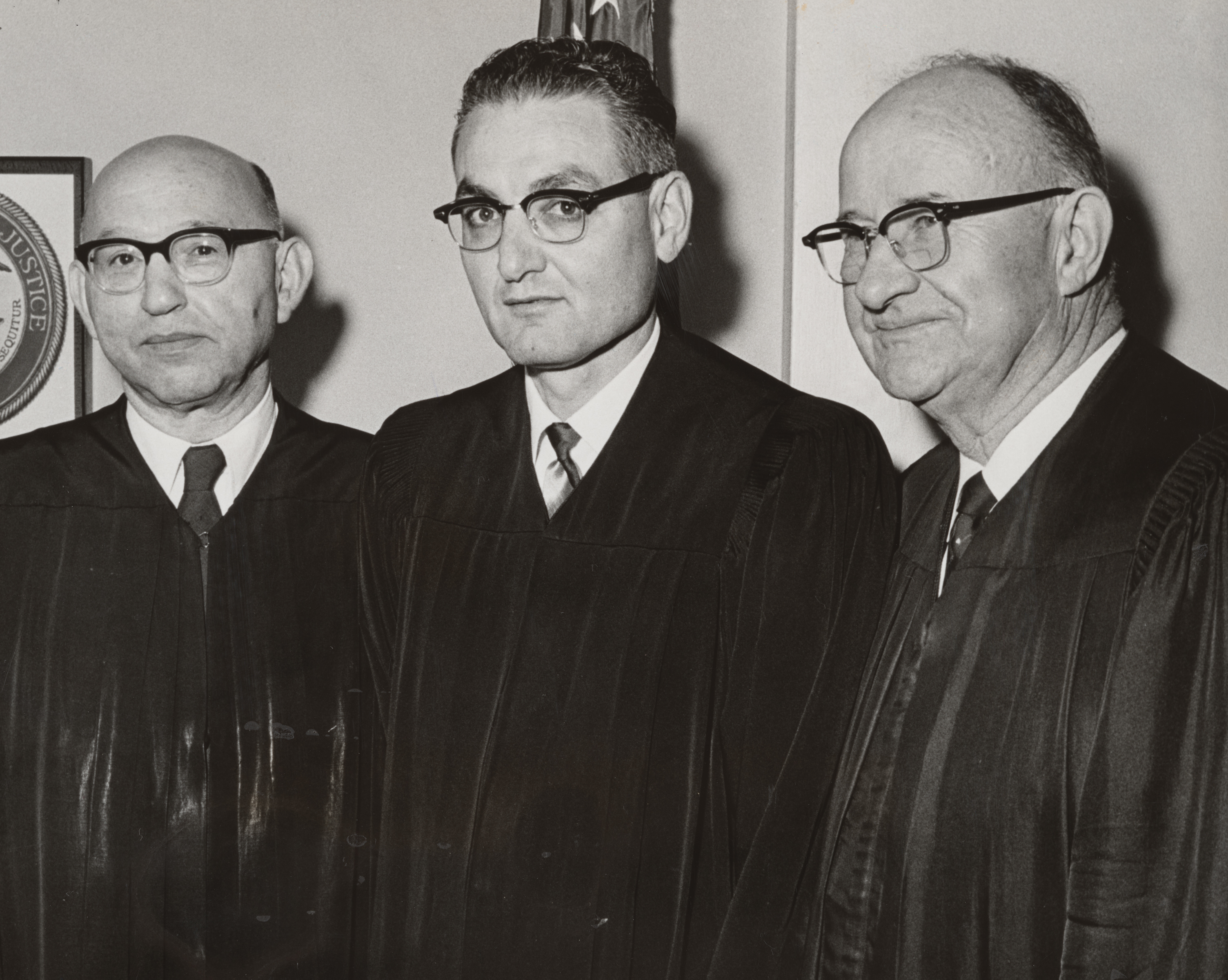Jake Tanzer was a legal giant who spent most of his legal career working in government, where he believed he could deal with interesting issues that were also of public concern. In 1964, when he was a young lawyer, he was on the Department of Justice legal team that investigated the murders of civil rights workers in Mississippi. As a lawyer in Portland, he was a prosecutor, an appellate attorney, a judge on the Oregon Court of Appeals, and Oregon’s first solicitor general. In 1980, he was appointed to the Oregon Supreme Court, where he wrote the court’s opinion overturning the Oregon death penalty. Widely praised for his dedication to his ideals and his practical approach to legal issues, Tanzer was named Legal Citizen of the Year in 2014 by the Classroom Law Project.
Jacob Bruno Tanzer was born on February 13, 1935, in Longview, Washington, where his father ran a men’s clothing store. In 1945, the family moved to Portland, where Tanzer attended Grant High School. After a year at the University of Oregon, he transferred to Stanford University; but when his mother contracted tuberculosis a year later, his family’s financial situation required him to return to Portland. He spent a year studying at Reed College and then returned to the University of Oregon, where, he later claimed, he was the top student in the bottom half of his law school class (at the time, students could enter law school after three years of college). He earned a J.D. degree in 1959, passed the bar, and established a small law practice in northeast Portland with Frank Granata, a law school friend.
Motivated by the idealism of President John F. Kennedy’s administration, Tanzer moved to Washington, D.C., in 1962 to work as a trial attorney in the Department of Justice, first in the Organized Crime and Racketeering Division and then in the Civil Rights Division. In the summer of 1964, he helped investigate the murders of civil rights workers James Chaney, Andrew Goodman, and Michael Schwerner in Neshoba County, Mississippi, and secure indictments against members of the Ku Klux Klan (the case that inspired the movie Mississippi Burning). He returned to Mississippi in 1967 as a volunteer with the Lawyers' Committee for Civil Rights.
Returning to Portland in 1964, Tanzer worked as a deputy trial attorney for the Multnomah County District Attorney from 1965 to 1969. That year, he became director of the Oregon Law Enforcement Council, the appellate division of the Oregon Department of Justice, and was named Oregon's first Solicitor General. One of his first assignments was to work on Thornton v. Hays, an Oregon Supreme Court case challenging the 1967 Oregon Beach Bill, which provided that all wet-sand portions of the beach (within sixteen feet of low tide) were reserved for free public use. The case determined whether the state could prevent William and Georgianna Hay from enclosing the beach in front of their property in Cannon Beach for private use. Tanzer’s job was to edit the briefs for the case—that is, the written legal arguments that the state provided to the court in support of the Beach Bill. The court ruled in favor of the state, ensuring that all beaches in Oregon are public.
As Solicitor General, Tanzer defended the state's position in the U.S. Supreme Court case Apododaca v. Oregon. In that case, the Court held that state juries may convict a defendant by a less-than-unanimous verdict in criminal felony cases. The opinion was overturned in April 2020 in Ramos v. Louisiana. (At the time, Oregon was the only state that allowed non-unanimous verdicts.)
Tanzer was on the planning committee that established the Oregon Court of Appeals in 1969 to take the burden of criminal cases off the Oregon Supreme Court. Originally, the jurisdiction of the Court of Appeals was limited to cases in which the government was a party, including criminal cases, administrative appeals, domestic relations, and probate. Eventually, its jurisdiction was expanded, and it became one of the busiest courts in the nation.
In 1971, Governor Tom McCall named Tanzer director of the newly created Department of Human Resources (now the Department of Human Services), which brought state social services together into a single agency. Tanzer had a knack for management and a strong support staff, and he created a smoothly functioning department. A system of levels of intervention was developed to try to move people from dependence to independence, and every agency was evaluated on how well it achieved that goal. The department became the largest agency in the state.
McCall appointed Tanzer to the Oregon Court of Appeals in 1973, where he served until 1979. During his tenure, he was a judge on American Can Co. v. OLCC, which upheld Oregon’s bottle bill. Governor Victor Atiyeh appointed him to the Oregon Supreme Court in 1980. The next year, Tanzer wrote the opinion in State vs. Quinn, which overturned the Oregon death penalty. He found that the initiative that reinstituted the death penalty, which had been copied from a Florida statute, was fatally flawed, and his opinion was unanimously ratified by the entire Supreme Court. (The death penalty was reinstated in 1984.)
On December 31, 1982, Tanzer resigned from the Supreme Court and returned to private practice with Ball Janik LLP in Portland. As he explained at the time, “Unforeseen family circumstances compel me to immediately seek income greater than my judicial salary” (a lawsuit, brought by his former wife Miriam over child support, had resulted in higher payments). Tanzer retired from law practice in 2002, but he continued as a legal education lecturer for the Oregon State Bar and the Oregon Law Institute. He also established a part-time business-mediation and arbitrator practice.
Tanzer was married to Miriam Albert from 1962 until 1972; they had four children. In 1974, he married Elaine Rhine, an Oregon schoolteacher who later purchased Elephant’s Delicatessen. Even when on the Supreme Court, Tanzer often spent his Saturdays working behind the cheese counter or tending the cash register. When not working, he would sit at a table, drink coffee, and talk to almost everyone who came through the door.
Jacob Tanzer died in Portland on July 23, 2018.
-
![]()
Jacob Tanzer, 1974.
From State of Oregon Voter Pamphlet, 1974 -
![]()
Jacob Tanzer.
Courtesy Reed College Magazine
Related Entries
-
![Alfred T. Goodwin (1923–2022)]()
Alfred T. Goodwin (1923–2022)
Alfred Theodore “Ted” Goodwin served as a judge for over sixty years an…
-
![Ancer L. Haggerty (1944–)]()
Ancer L. Haggerty (1944–)
Ancer L. Haggerty was the first African American to become a partner in…
-
![Betty Roberts (1923-2011)]()
Betty Roberts (1923-2011)
Betty Roberts was a thirty-two-year-old housewife with four children wh…
-
![Beverage Container Act (Bottle Bill)]()
Beverage Container Act (Bottle Bill)
The Oregon Beverage Container Act of 1971, popularly called the Bottle …
-
![Daniel Rives Kistler (1949–)]()
Daniel Rives Kistler (1949–)
Rives Kistler served on the Oregon Supreme Court for fifteen years, fro…
-
![Death penalty]()
Death penalty
Oregon has had a death penalty for most of its history as a state, thou…
-
![Mercedes Deiz (1917–2005)]()
Mercedes Deiz (1917–2005)
Mercedes Deiz was a trailblazer in the Oregon legal community. She was …
-
![Non-Unanimous Jury Law in Oregon]()
Non-Unanimous Jury Law in Oregon
In 1934, Oregon amended its constitution to allow for non-unanimous jur…
-
![Oregon Beach Bill]()
Oregon Beach Bill
Oregonians struggling to maintain public access to Pacific Ocean beache…
-
![Robert C. Belloni (1919–1999)]()
Robert C. Belloni (1919–1999)
Robert C. Belloni was a federal judge on the U.S. District Court for th…
Related Historical Records
Map This on the Oregon History WayFinder
The Oregon History Wayfinder is an interactive map that identifies significant places, people, and events in Oregon history.
Further Reading
“Prosecuted the Klan in Landmark Case: Jacob Tanzer ’56.” Reed Magazine, December 2018.
Jacob Tanzer, interview by Heather Brunner and Judith Margles, April 20, 2010. Oral History, Oregon Jewish Museum and Center for Holocaust Education, Portland, Oregon.



